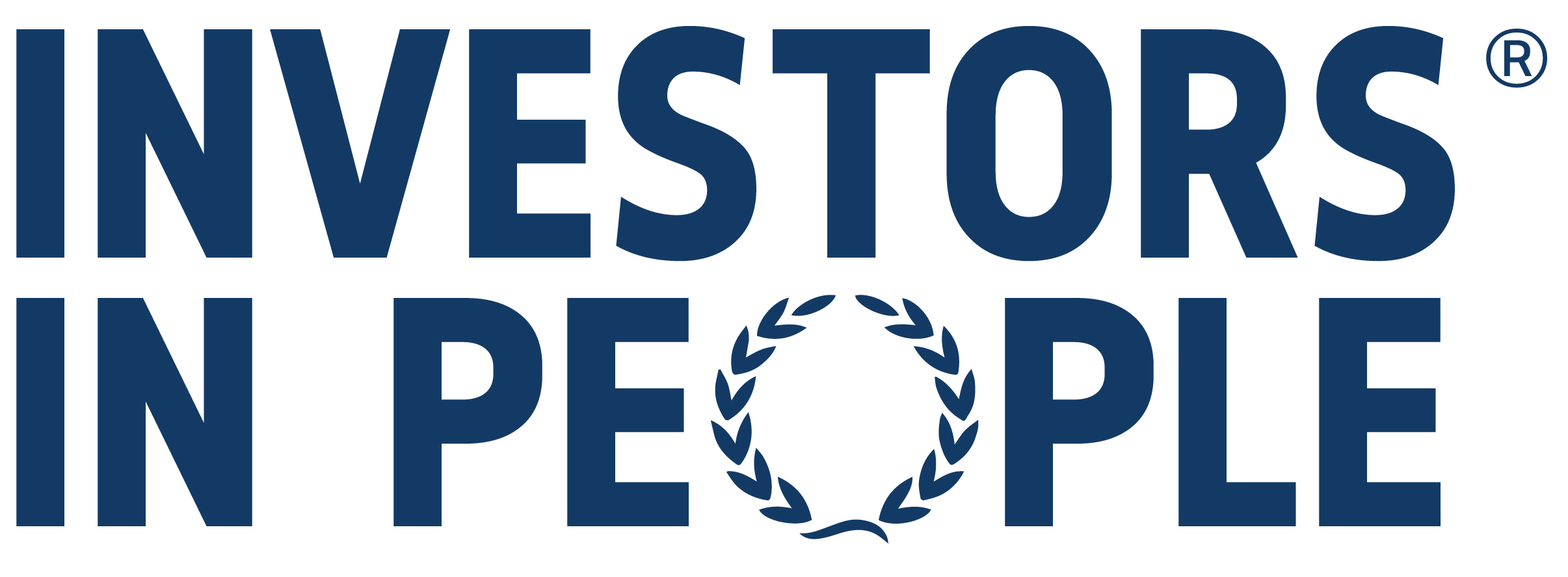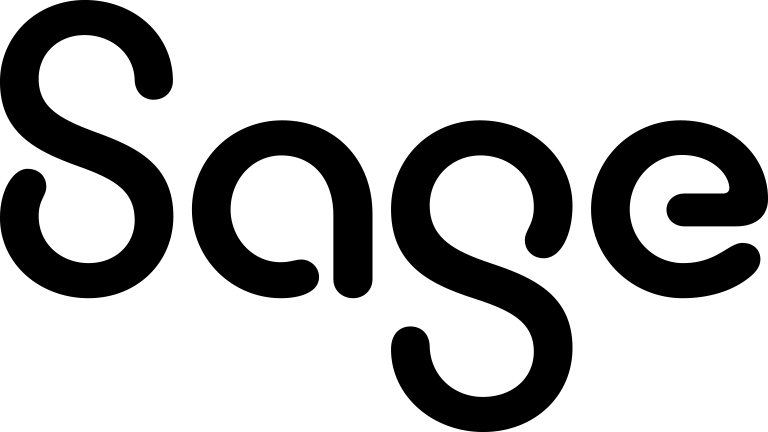From brand vs culture to the vital role of the board, the discussion examined how to keep company culture on track.
On the core elements of a forward-thinking culture, the panel agreed, an organisation must have clear purpose and values that are baked into its decisions and actions.
Watch previous webinars now:
What talent wants post-pandemic
How to build a successful employee experience programme
For Paul Devoy, CEO of community interest company Investors in People, a large factor in this is the presence of trust between leaders and their employees.
Citing Scottish housing association The Wheatley Group, he said: “They have a culture of trust, where people are really empowered to make decisions at the front line.”
By operating on principles, rather than rules, leadership has embedded trust into the day-to-day processes of the organisation, Devoy said.
He added: “Where you can create a culture that’s based on trust, which empowers people to do the right things, that’s linked back to your purpose – they’re all really strong ingredients in a high performance culture.”
Grace Mansah-Owusu, talent consultant at the British Heart Foundation, agreed, adding that another key factor is psychological safety, where employees feel safe to express themselves.
This freedom, she said, underpins a lot of work on diversity and inclusion.
“Being able to express yourself, have those discussions, know that you’re going to be embraced and not ridiculed, that you’re not going to be seen as a renegade or someone that’s challenging the status quo, is something that is really important to helping people feel brave enough to share.”
When employees start sharing, she said, organisations begin to see more cognitive diversity alongside their visible diversity. This diversity of thought then allows the organisation to be more innovative and to work with others in a more authentic manner.
At the board-level
Similarly, the panel agreed on the need to maintain culture as a priority at a board level.
Beverley Shears, independent consultant and board member with over 30 years' experience, said that it is critical boards pay close attention to their organisation’s culture as they explore what post-pandemic business will look like.
“For me it’s about paying attention to your reset, and using that to really be different,” she said.
“Because I think some of the old models of organisation won’t work in the future.”
Organisations should take the time to re-examine in detail their values and behaviours, and how it feels to work there, she said.
“On all the boards I sit on, culture is on every board meeting. It’s about assurance: what boards pay attention to, gets done."
However, nearly half (49%) of the webinar audience said culture is discussed sometimes, more than a quarter (28%) said it rarely came up – and nearly one in 10 (9%) said their board never spoke of it.
Catch up on this lively debate, run in partnership with Investors in People, by registering for the on demand recording here.










